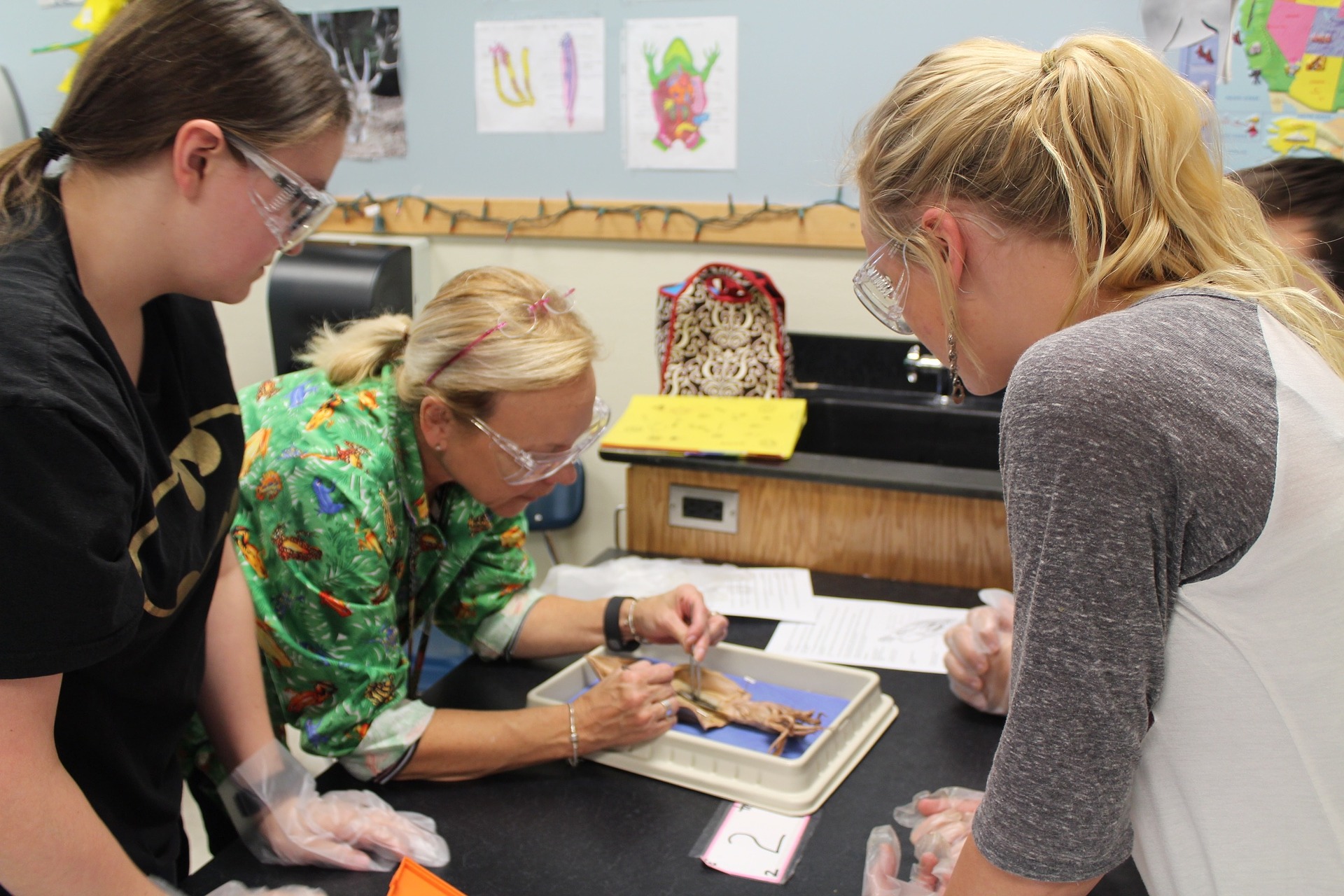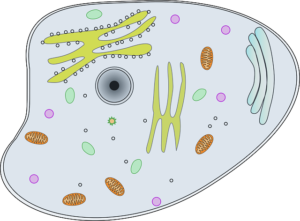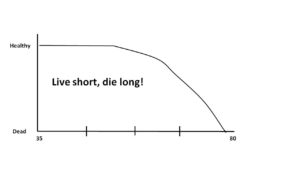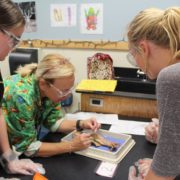We Aren’t Made for the Life We Are Living. Here’s why.

Do you remember your biology class in high school?
Considering that I’ll be celebrating my 60th high school reunion this year – assuming one of those remaining from my class of 12 has the inclination to organize it – you’ll forgive me if I don’t recall much from the class.
I remember Mr. Parsons, the most-liked teacher in our high school of 95 students. And I do recall dissecting a frog amidst the smell of the formaldehyde from which it was extracted.
But I have a hunch, with adolescent hormones at play, my mind was probably elsewhere – more likely on Maureen and what the weekend might hold.
We probably talked about cell structure but I doubt we applied it to how it affects our own biology. I don’t remember any discussion of the brain. If there was, it was soon lost in favor or basketball or football practice – or Maureen.

The message we didn’t get – or missed – is that the very cells found in that frog are fundamentally the same as the 35 trillion or so we all have in our bodies – cell membrane, nucleus, cytoplasm, ribosomes, endoplasmic reticulum, Golgi vesicles, mitochondria, plus some other stuff.
Cells that have been doing their thing for billions and billions of years. Cells that are organized into an amazingly complex 24×7 immune system that’s working its butt off to compensate for our biological naivete and the gazillion nefarious villains that want to attack.
However it happened, that kluged-up assembly enabled us to inherit a birthright of good health, a biological fortune.
Unfortunately, our lifestyles don’t honor that birthright.
We seem to be hoping our birthright will catch up with our lifestyle rather than adapting our lifestyle to our birthright. It’s like: if we watch enough TV and eat enough Carl’s Junior and biggie fries, our biological fortune will eventually adapt and honor our lifestyle.
OK – sorry – that was insulting.
But, think about it. For multi-billions of years, cells – fundamentally the same ones you and I have a few dozen trillion of – haven’t changed in how they produce energy, divide, decay, and die.
Regardless of whether you believe we evolved onto the savannah some 300 million years ago or that we started as we are in a garden some mystical number of years ago, the fact is our cells work with a functional design that doesn’t work well with a twenty-first-century lifestyle.
I lean toward the savannah theory, with famine and saber-tooths the norm. Cells interpreted the infrequent surfeit – of a feast on an animal kill – as a chance to prepare for the inevitable winter, famine or the need to escape the saber-tooth. They dutifully stored the bounty as fat to burn when those conditions arose.
But a funny thing happened on the way to the 21st century. No winters, no famine, no saber-tooths. Our lifestyles ran away from our biology. Our cells haven’t caught up. And won’t.
So, they just do their thing and store that fat. And store that fat. And store that fat.
Waiting for a winter – or a saber-tooth to run away from.
And then they decay and die early.
Alas, we thus dishonor our biological fortune and “live too short and die too long.”

On this 21-st century journey, we’re 20 pounds heavier than 30 years ago on average but we’re no taller.
Sixty-five percent of U.S. males are overweight; twenty percent are obese.
Fifty percent of our population is pre-diabetic and seventy percent of those don’t know it.
We unconsciously accept that we will “get old and die” and then most of us find out that we will “get old and live”, enduring a sad life of extended morbidity and early frailty In bodies that believe they are in the grip of famine.
Aging is up to nature; decay is up to us.
It’s pretty simple. Our biology only knows growth or decay. Biologically, there is no retirement or aging – only growth or decay. So we have a binary choice – a road to good health by promoting growth or a road to frailty through lifestyle choices.
Our cellular biology is still poised to prepare for winter, famine, and saber tooths while we wallow in an eternal summer of plenty romancing our remotes.
Dr. Henry Lodge said in the book “Younger Next Year”:
“Your brain has no care for your happiness, no thought about your retirement. It is a ceaseless machine, in relentless pursuit of the perfect match between input and output – between growth and decay. With that thought in mind, think about what your physical brain learned from the way you lived today, and think about whether it told your body to grow or decay.”
We mistakenly assume that we are made for this life which has become a nightmarish mix of bad food, sedentary lifestyle, stress, loneliness, and chronic diseases. Then we cap it all off with the “ultimate casualty” called retirement that ensures that we continue on the path called “decay” and off the path called “growth.”
Our take-home message? What we do physically, what we eat, what we think, what we feel affects our body with processes refined on the savannah.
Our biological fortune is ignored and abused.
There is no famine or saber-tooth coming to save us from the stored fat and its adverse effects. We need only to gain an appreciation for the birthright and find suitable substitutes.
And that starts with a mindset that acknowledges we weren’t designed to live the way we do.
And that’s hard because how we live “feels so good” and the alternative is a direct assault on the comfort, convenience, and conformity we strive for.
While it kills us early.
Let us know what your thoughts are on this. Leave a comment below or email me at gary@makeagingwork.com.
Also, if you haven’t, subscribe to this weekly newsletter at www.makeagingwork.com and receive a copy of my free ebook entitled “Achieve Your Full-Life Potential: Five Easy Steps to Living Longer, Healthier, and With More Purpose.”





Hi, Neat post. There’s a problem along with your site in internet explorer, would check thisK IE still is the marketplace leader and a big section of other folks will leave out your great writing because of this problem.